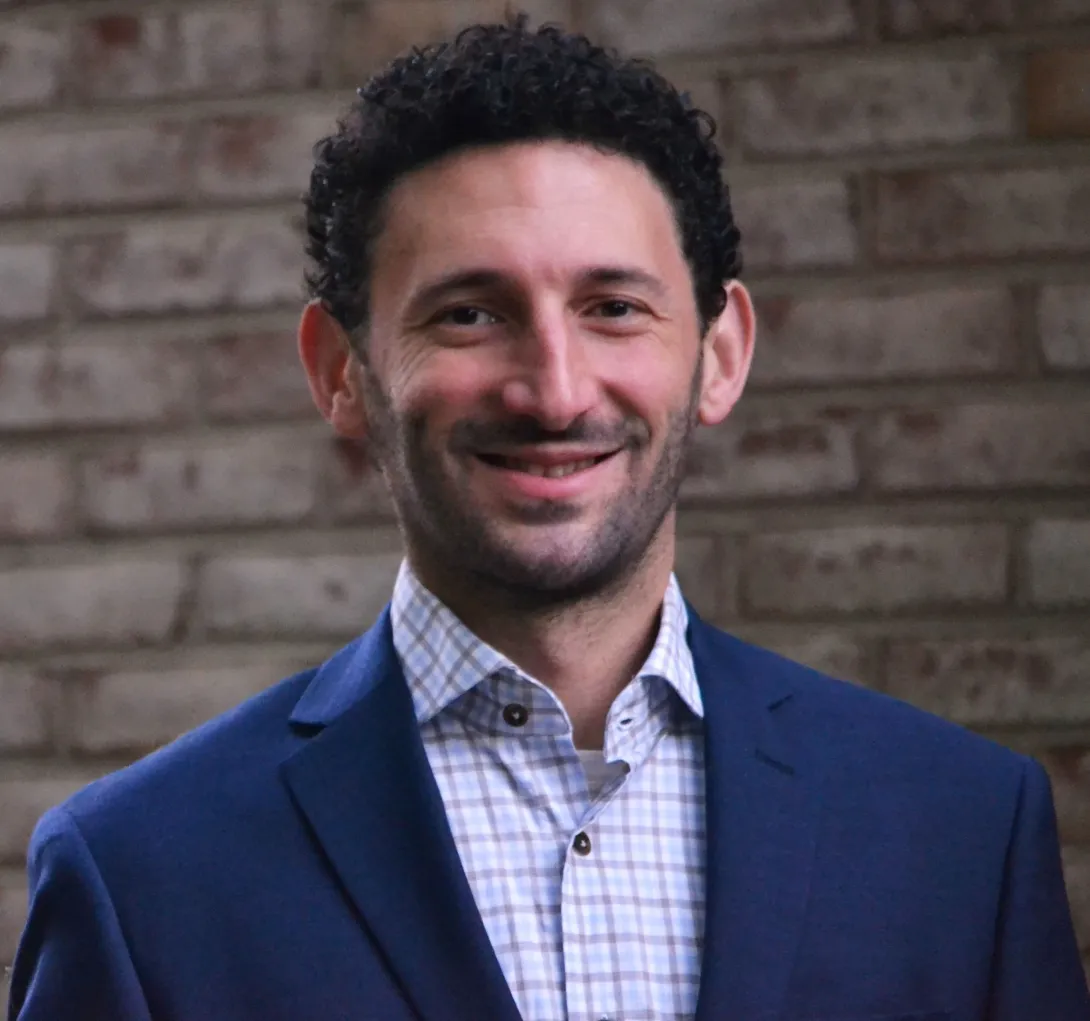
GSE Colloquium Series: Ethan Hutt
Ethan Hutt, Assistant Professor, University of Maryland, College Park
Nationally-representative longitudinal datasets have become a critical source of information about the American education system. Since the Coleman Report galvanized national attention about educational inequity, policymakers, scholars, and the public have relied on federal data for information on everything from achievement gaps to postsecondary attainment to the effects of teacher perceptions on student outcomes. Despite being an integral part of debates about the state of American schools, there has been surprisingly little attention given to the historical origins, development, and influence of these datasets on the way we have conceived of and studied America’s schools. Considering this history is an important part of understanding how this past shapes our current understandings of American schooling. In this talk, Ethan will examine a seminal moment in this history: the launch of Project Talent (1959).
Conceived as a national “census” of the talents of young Americans, Project Talent represented the most ambitious attempt to collect and analyze information on American students and schools ever attempted. Project Talent’s designers believed that only a massive census, carried out over an extended period of time, would allow them to identify and maximize the development of American capacities by discovering the precise relationships between student talents, school variables, and career success. He argues that these efforts reflected a relatively new way of thinking about schools that blended traditional concerns for student guidance with Cold War era ambitions to bring quantitative analytic techniques to the study of school operations. These initial efforts have continued to shape federal data collection and scholarly research on America’s schools and have helped produce new understandings of educational inequality, the value of educational attainment, and the possibilities for system reform. Understanding this legacy, then, contributes to our understanding of the history of social science research on schools, the development of the American state, and the ways in which large-scale data collection shapes understandings of social problems. The ways these problems are framed in the kinds of data we collect and the questions they help us answer have clear implications for state and federal responses to contemporary educational policy issues.
